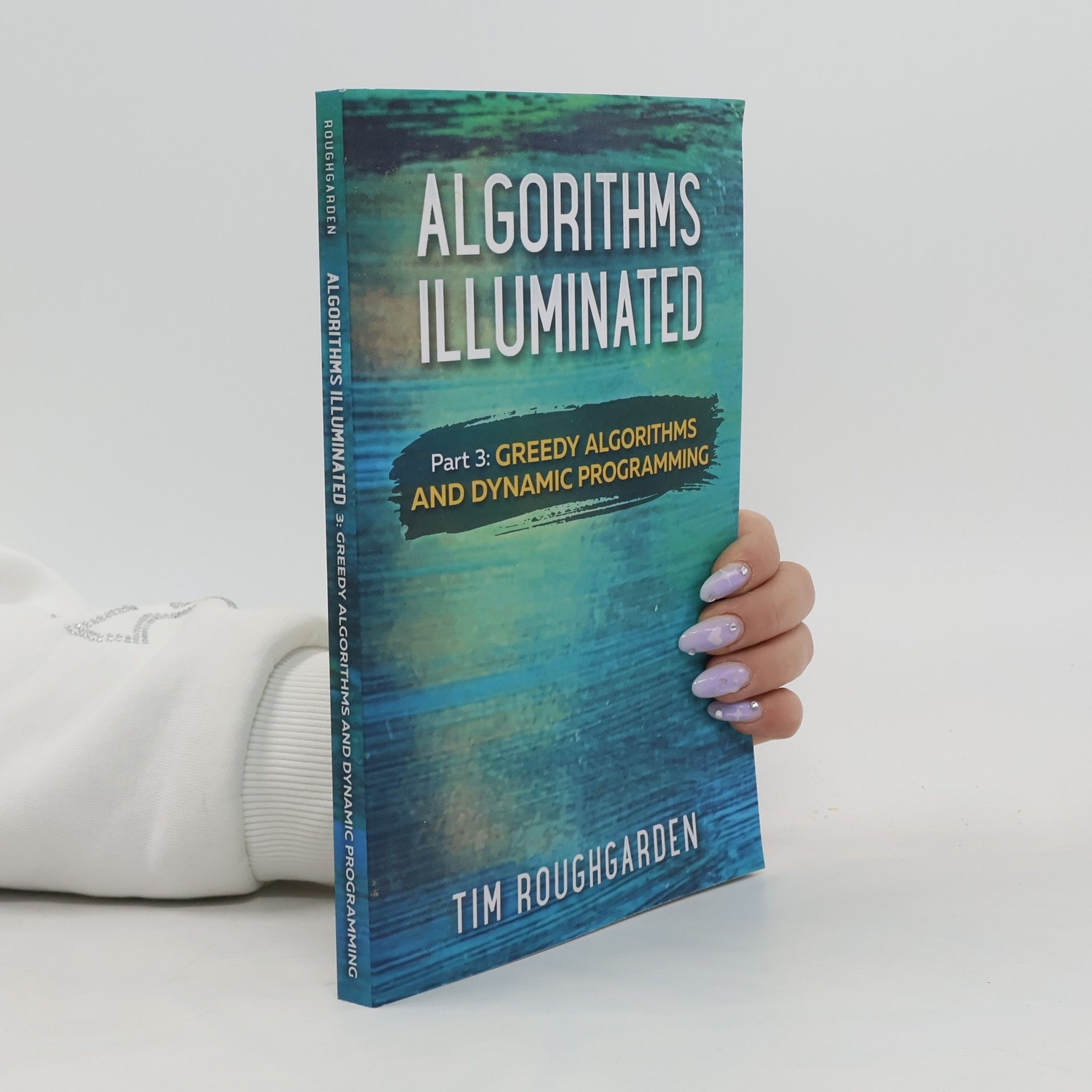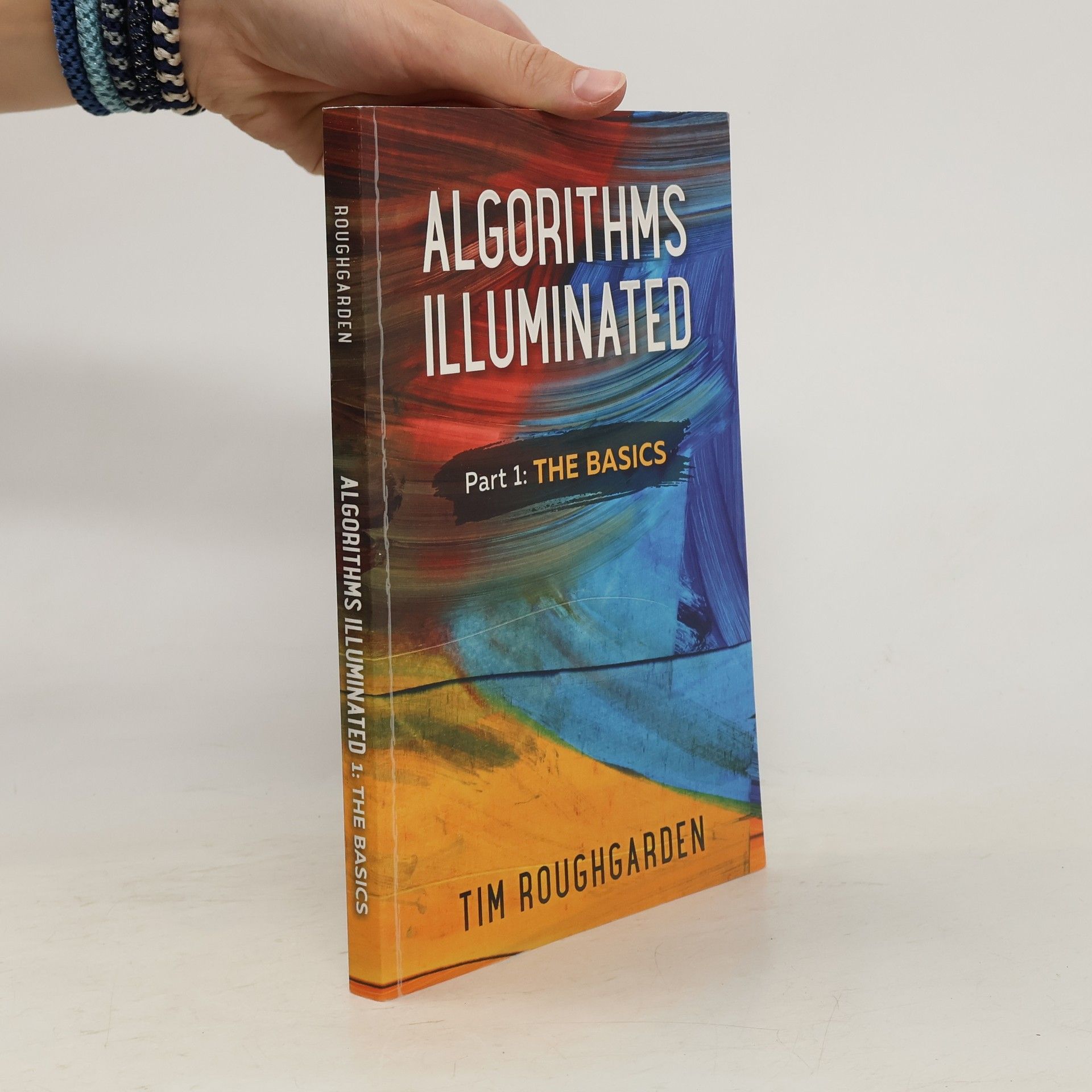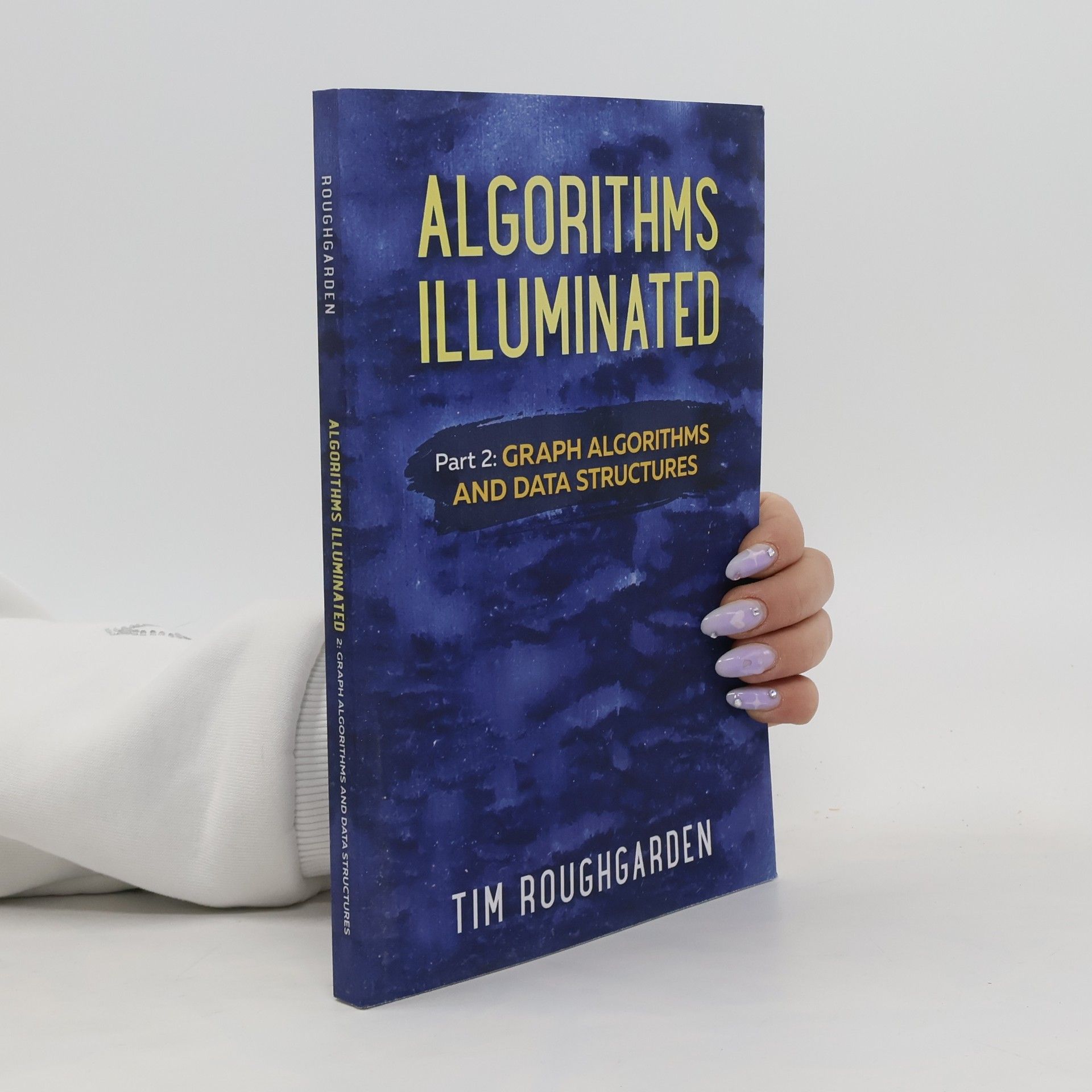Algorithms illuminated. Part 2, Graph algorithms and data structures
- 221pages
- 8 heures de lecture
Algorithms are the heart and soul of computer science. Their applications range from network routing and computational genomics to public-key cryptography and machine learning. Studying algorithms can make you a better programmer, a clearer thinker, and a master of technical interviews. Algorithms Illuminated is an accessible introduction to the subject for anyone with at least a little programming experience. The exposition emphasizes the big picture and conceptual understanding over low-level implementation and mathematical details---like a transcript of what an expert algorithms tutor would say over a series of one-on-one lessons. Part 2 covers graph search and applications, shortest paths, and the usage and implementation of several data structures (heaps, search trees, hash tables, and bloom filters).



